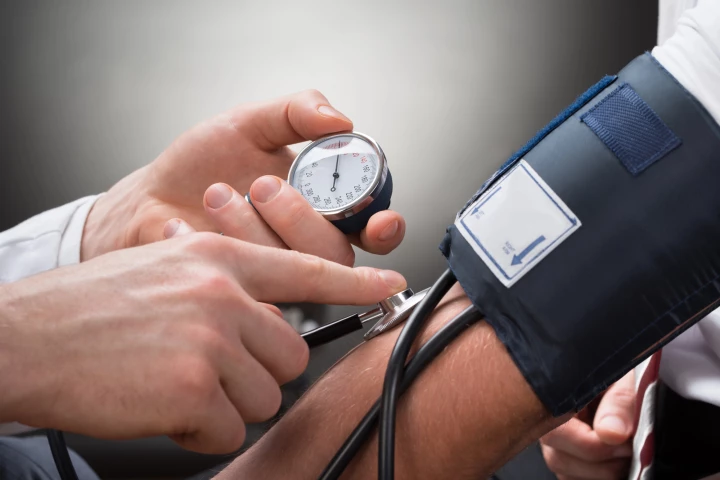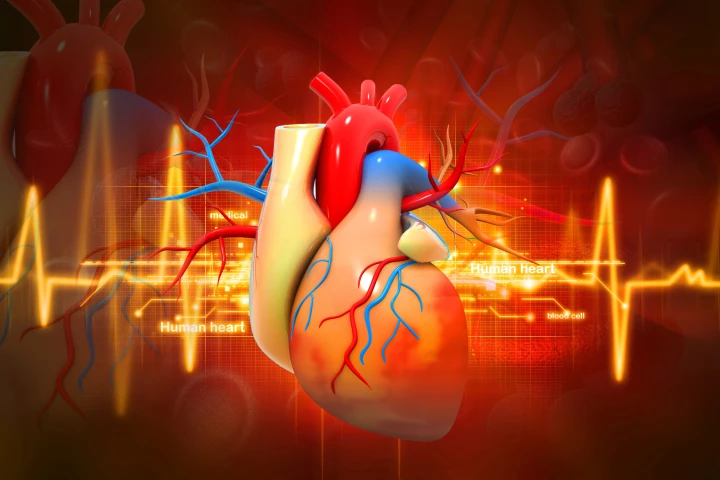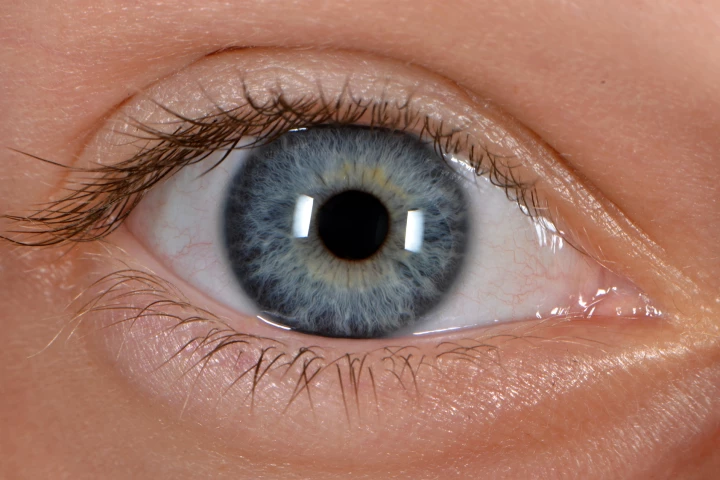Cardiovascular
-
If you're trying to avoid sugar in your diet, you'll want to be careful about how you choose and use your artificial sweeteners. A new study shows that a popular sugar substitute called erythritol could increase your risk of suffering a stroke.
-
A new study has found that, for most of us, the fiber we eat can protect our heart health, lowering the risk of high blood pressure, heart disease or stroke by up to 20%. It’s more evidence showing that a healthy gut leads to a healthy heart.
-
A new study has found that smoking marijuana and ingesting THC edibles over the long term can reduce blood vessel function at levels similar to those seen in cigarette smokers, posing a risk to heart health.
-
A study examined how managing multiple heart disease risk factors reduced the likelihood of premature death faced by people with high blood pressure. Its findings highlight the need for a broad approach to preventing or treating hypertension.
-
For the first time, surgeons have successfully performed a heart transplant in which the donor organ never skips a beat, limiting muscle damage and improving acceptance and recovery. It ushers in a new era of our approach to this lifesaving operation.
-
The world's largest study into the long-term health impact of floods has found that there are surges in hospitalizations for months after an event – and current responses are inadequate when it comes to treating cancer, diabetes, mental health and more.
-
A new study of nearly 15,000 people found that the window of late-night workouts in which sleep is impacted is actually much larger than previously thought, showing that exercising within four hours of bedtime can have a detrimental effect on shut-eye.
-
A new AI model can predict the likelihood of premature death from inflammatory bowel disease, with 95% accuracy. This is good news – by looking beyond the gut for early treatment of other chronic illnesses can greatly reduce the early mortality rate.
-
A study of over 220,000 people that looked at the consumption of butter versus plant oils has reached a conclusion that shows just how much better for you one is than the other. Making the switch might be one of the easiest ways to extend your life.
-
Type 1 diabetics have a lower risk of stroke and heart attack than type 2 diabetics, a new study has found. It highlights the fundamental difference between the two conditions and provides insights that could guide future treatment.
-
New research found that elevated levels of ‘good cholesterol’ were associated with an increased risk of glaucoma, which can lead to vision loss. The findings call for reconsidering the hypothesis that good cholesterol universally benefits health.
-
A new study has found that eating between one and six eggs each week significantly reduces the risk of dying from any cause but particularly from heart disease – even in people who have been diagnosed with high cholesterol levels.
Load More











